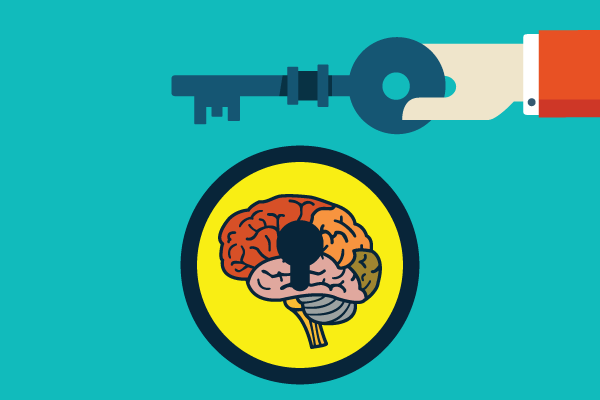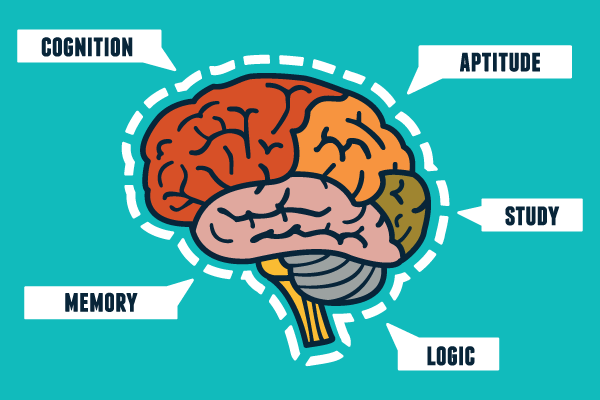Waking up every morning to do what you love at work is the perfect life – but not everyone is as lucky. Finding a job based on your interests and skills is the dream of every college student and most adults.
An estimated 60-70% of professionals confess that they “hate their job”, let alone doing what they’re passionate about. You may be unable to pinpoint where exactly your interests lie or your skill set may match a completely different profile from your current job’s requirements. One of the easiest ways to go about solving this issue is by taking an aptitude test.
What Is An Aptitude Test?
Any test that helps determine your potential or ability to perform a task well, based on your knowledge of it and your interest, can be classified as an aptitude test. It has various sections that test the different abilities of the candidate relevant to a specific job or role. Certain data in the test results could help you determine the career you are best suited for. Anyone can take one, as there are multiple career tests for working professionals, college students, etc.
Interpretation Of Test Results
There are two ways to understand the results of your aptitude test –
1. Criterion-Referenced Interpretation
Though you are not compared with others who took a similar test, this interpretation of your results helps decide how much skill you have in a particular field. This metric is usually associated with certification and testing for achievement. It can also be used to determine your proficiency level as some jobs may be less specialized than others and a smaller error margin as compared to a zero error margin may be sufficient to land you that job.
2. Norm-Referenced Interpretation
A norm group is selected as a reference group, and your results are compared to the performance of this group. The norm group is usually a diverse group in terms of educational background, age and gender, and their mean performance become the norm of that group.
How This Helps Determine Your Career
Most questions on an aptitude test have clear-cut choices for the answers. The tests measure fluid and crystallized intelligence – fluid intelligence helps to think of the abstract and solve a problem, while crystallized intelligence comes from past experiences, interests and learning.
You can leverage the results of your aptitude test online to determine the fields you are particularly strong in as the test measures every ability – abstract reasoning, verbal reasoning, numerical reasoning, spatial reasoning and mechanical reasoning.
Once You Get Your Results…
While the results may suggest a career option that’s perfectly suited for you, remember it’s just that – a suggestion. You’ll have to decide how you want to take that forward. Do some research about the job suggestions for which you are considered suitable based on the calculation.
Compare your results with what you actually enjoy doing on a daily basis – would you like working there every day?
Consider the career options and determine if you are okay with the requirements and the environment. You may be good at it, but are you comfortable with it?
Do you have to go back to college or take up some courses in order to continue with the suggested career? See if it’s feasible for you to study further.
Consider the job stability. It could be great for you to take up this job at the moment, given the present situation. But, will the career take you forward, and will you be able to grow professionally? Will there be enough opportunities to stay successful in the future?
Check the financial stability as well. While it may pay you enough in the beginning, you need to be sure if that will stay stable.
Every person is a multi-faceted individual with varied interests and likes, and aptitude tests and career counselors come a long way in helping out!




